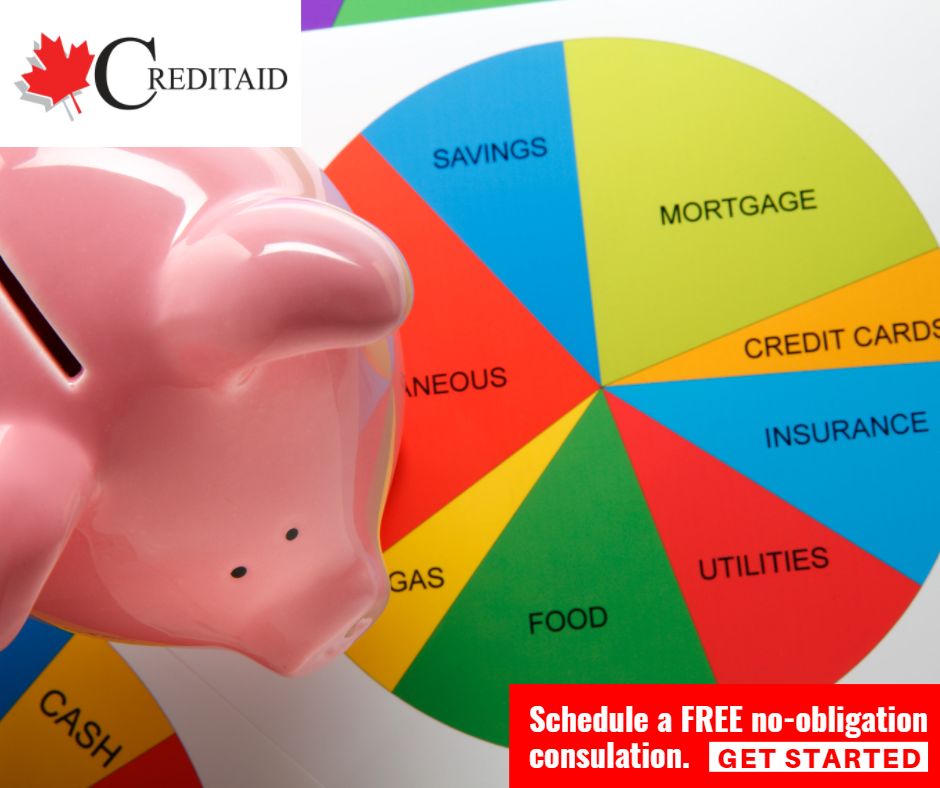You’ve likely heard how COVID-19 affected millions of household incomes, but what about debt levels? Household debt has reached extraordinary levels, but not for everyone. Its largest stronghold is on the middle-income earners – the households that lost their jobs during the pandemic and who didn’t benefit enough from CERB payments.
Here’s what happened.
The Government Assistance wasn’t Enough
The biggest problem for middle-income earners (earning $500 – $1,199 per week) was that the CERB payments weren’t enough to make up for their lost income.
What did this mean?
It had a couple of downsides.
First, middle-income earners couldn’t make ends meet. If they lost their job or even if they got it back, with the assistance the government provided employers, it wasn’t enough to fill the gap. While they tried to make ends meet, they used credit cards to supplement that income at exponential rates.
Second, middle-income earners didn’t file for insolvency. It sounds like a good problem, but it wasn’t. CERB payments couldn’t be garnished. This meant middle-income families didn’t have to worry about losing their income if they filed insolvency.
But income levels have not returned to their ‘norm’ yet, which leaves middle-income families stuck without enough income.
Debt Deferrals Backfired
Another problem was the vast amount of debt deferrals households used. A mortgage deferral is a common request even outside a pandemic. However, personal debt deferrals became a common thing during the pandemic too.
Here’s the problem.
It’s only a temporary fix. Eventually, the loan payments become due again as does the deferred interest and payments. Some lenders tack the unpaid debt onto the back of the loan, but this either lengthens the term or increases the payment amount.
What Does the Future Look Like?
Everyone wants to know, what’s next? How do you bounce back from such high levels of debt?
The key is to take it slow. You aren’t going to get out of debt in one fell swoop. It will take time, especially if you racked up more debt just trying to make ends meet.
As we work through the remainder of the pandemic, work with a credit counsellor to get your way out of debt. Insolvency isn’t the only answer. There are ways to get out, but you need a plan. Just trying to randomly pay debts and hope for the best simply won’t work.
You need a concrete plan that’s affordable and that you can follow well so you get yourself out of debt. You need to take action now.
Final Thoughts
While household debt is much higher due to the pandemic, it’s not insurmountable. Working with your creditors and creating a plan is the best way to see your way out. If you’re still looking for a job or trying to get your income back to pre-pandemic levels, have patience.
Don’t ignore your debts and/or your creditors. Stay in contact with them, let them know what’s going on, and ask how they can help.
Chances are you’ll get more help than you realized, but the bottom line is you must work your way out of the debt eventually or the interest charges will just keep accumulating.
If you need advice on establishing a household budget, contact us for a free consultation with a Credit Counselor today!


